|
I picture you great granite rock sunk in low-tide mire. I am sleek water creeping in steadfast solitude. Glass days, sun spun gold, shimmering still surface, enfold liquid arms around you. We coexist, placid entanglement. The Calm before The Storm thrashing, thundering waves. I am foaming rage. Scream over your head, attempt to pull you under hurricane anger. You are unmoving. How long before that serenity is ground down, erode your skin, cracked and raw. Bleed you of me. If I could drown me, tidal wave wipe clean, you'd not have to fight to withstand stormy seas.
0 Comments
About Author G. Donald Cribbs Donald Cribbs has written and published poetry and short stories since high school. Donald is a graduate of Messiah College in English and Education, and is currently a graduate student in Clinical Mental Health Counseling. He and his wife and four boys reside in central Pennsylvania where the author is hard at work on his next book, the sequel to his debut novel, THE PACKING HOUSE (January 18, 2016), by Booktrope. Having lived and traveled abroad in England, France, Belgium, Germany, China and Thailand (you can guess where he lived and where he visited), the author loves languages and how they connect us all. Coffee and Nutella are a close second. Follow Him (online, weirdos): Google+ Website Excerpt From The Packing House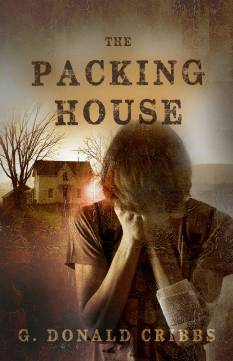 *This book has a trigger warning 1 | Monster At the bell, I head to study hall, my last class. There's a substitute today. Cell phones come out. Someone has their iPod up way too high. In a way, I feel sorry for the sub; as a job, it has to be right up there with garbage collector. I prop a book between me and my backpack then close my eyes, which have been slamming shut all day. The next thing I know, the substitute is standing over me, his hand on my shoulder, shaking me awake. Someone sniggers nearby. “Wake up, young man. There's no sleeping in study hall.” Pushing my glasses back into place, I look up and try to get my eyes to adjust and stay open; I blink a few times and look around wildly. What an idiot. I even forgot where I was for a moment. A flush of warmth starts at my ears and neck before sliding across my cheeks. “All right, I'm up.” Whispers erupt in various places around me as I sit up and rub my eyes. Someone laughs. My desk is askew. Something smells bad. Sulfur. Odd… the realization hits me hard. A female voice remarks, “If I were him, I'd be totally embarrassed!” “What's your name?” the substitute asks quietly. “Joel Scrivener.” The substitute leans down. “Joel? You might want to speak with a counselor about those dreams.” “What do you mean?” He leans closer, lowers his voice. “You kept saying, ‘get off me, stop touching me, get off me,' over and over.” He gives me what he must think is a reassuring smile. Then he leaves. The only thing worse than getting caught asleep in study hall: getting caught asleep andcrying out from a bad dream in study hall. There's more whispering, but this time it crackles nearby. A recording—presumably of me—replays the sound of me jerking around in my chair, desk legs scraping against the floor, then “Get OFF me!” and “Stop TOUCHING meeee!” The bell rings. Down the hallway, students gather in odd clumps, skittering away from me like I'm the monster. A cacophony of whispers follows a chorus of aborted cackles; I hear my voice playing over and over, like my life jammed on repeat. I'm too stunned to reply, even when Shampoo Girl, who rides my bus, tries to stop me. I'm not good with names. We move too much for them to matter. This girl is heavyset, plain, with nice hair. I like how it smells if I sit behind her on the bus. Shampoo Girl. She's one of the few I've caught glaring at my attackers when I'm dropped into the lunchroom trashcan or tripped with an armful of books between classes. She hasn't said anything to my attackers, like that punk from Algebra II, but her quiet defiance is at least reassuring. Not that I've thanked her or acknowledged her for that. “Joel? Joel, are you okay?” I definitely don't deserve her sympathy; instead, I look back down the hall. My own brother Jonathan is with his swim team posse and says, “I can't believe you dudes got this,” before he sees me. “Izzat rilly yer bro, man?” asks a blond-haired skater-punk friend of Jonathan's, pointing at his cellphone. They must be watching the video of me from study hall just like everyone else. Man, that traveled fast. On the far end, cackling like a fiend, my brother Jonathan laughs at his best friend Elias’ reaction, who is doubled over and turning purple. Skaterdude is on this end, sputtering and waving his arms like he’s imitating me from the video. Between the other two is Elias. God, I hate him sometimes. Why does he stick his nose where it doesn't belong? Why society disparages heroines and why women should not participate.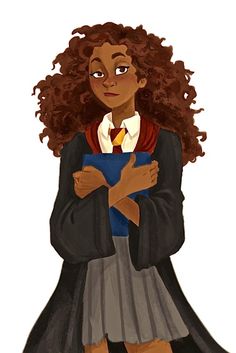 Hermione found on Tumblr Hermione found on Tumblr As a girl, I loved to read. I would read anything. As such, I grew up relating to characters who were not really like me, and that was fine. I got to live in new worlds, in different bodies, with different personalities. And I think that has made me empathetic. Most of the bodies I lived in where not female. And that made me see men as heroes, as powerful as intelligent, as brave. Most of the females in the books I read were sidekicks, beautiful, sexy, love interests, pushy, annoying, petty. Some of them were smart, but they were usually secondary. Until my mother gave me Tamora Pierce's Wild Magic. Daine was powerful, if shy. She was brave, if humble. She was me, but in a way I didn't see me before reading her: clever and caring. She was flawed but wonderful. I fell in love with Pierce's books hard. I liked many books, enjoyed and even loved many books. But this was the first time I really related to the characters I'd read. I soon found myself clinging to her other characters: Alanna, Tris, Becca, Daja, and others. Even characters who were not my skin color or religion. I felt my heart expand for people, not just fictional but real. Daja, for example, was the first black main character I was asked to relate to, and she is a lesbian. Both of these things were foreign to me, were things that people in my small town looked down upon. Black and lesbian were words that were used as negatives in my world. But Daja is anything but negative. She is amazing, loving and fierce. Different, yes, but her difference is not negative. It is just a part of her being. And I loved her being. Tris is chubby, which I loved. Growing up chubby with a bad temper was something I could relate to. I thought of myself in terms of ugly, unwanted, volatile. But Tris is loved, powerful, important, and she is like me. I started to see myself differently. I started to see the word differently than what I was trained to do. Heroines, authors, retrained my mind, expanded my world view. 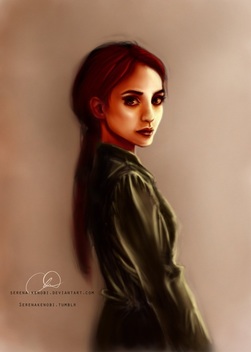 Serena K. Fan Art Katniss Serena K. Fan Art Katniss There have been a lot of negative comments lately, offhand stabs at heroines. "Okay, we've had enough of the strong heroine." "Oh, good, another book about a tough girl who fights for everyone." "The strong heroine is becoming a cliche I despise." "Oh, that flawed heroine finds herself. That's new." Here's the thing: it is pretty new that women are becoming heroes, that men and women are being asked to relate to female characters. And the people throwing these comments around aren't just men, either, which astounded me, at first. Until it didn't. Because tearing down women subtly and overtly is not new. And to be accepted as right, women are asked to participate in the tearing down of other women. When we were considered property we were asked to compete with one another. To beguile men with our beauty, not our brains. To commend them and support them, the people with the power. I believe this is still a thing, albeit less in-your-face. It is why we are asked to question whether J.K. Rowling's books can really be considered great literature. It is why Hunger Games is often referred to as chic lit, rather than the very smart, very well written prose of a talented author, who wove important issues into entertaining and sometimes frightening books. It is why people (mostly men) say, "I just don't get how people think Austen is such a big deal. Let's read about marriages and match making. Blah." You don't get it because you were never expected to relate to a strong, clever woman who knows her strengths and expects respect. Having to reach for power in a situation where you have none. You might have never been asked to disrespect yourself to gain the attention and notice of those in power. Austen lived in that world. The subtle wordplay, the historical oppression, the commentary on the rights and expectations of women is both fascinating and still pertinent, but people make fun of me for thinking her one of the best writers of all time. Because she writes about "female" things, I've been told. If by female you mean emotions, societal expectations and equality, okay? Those things are not important to everyone? I've read about wars, men's libido, building forts, bro relationships and basketball in various hero-led stories and I enjoyed the books. It was not a pre-requisite that the hero talk about my interests. My gender has little to do with my hobbies or my ability to relate to others. Or maybe it does. Maybe, as a woman, I am expected to relate and so I perform that function better. And I am expected to backtrack and expound upon how Shakespeare did this or that better than my favorite authors. Even during my Master's degree, feminist theory was met with eye rolls by many of the upper division faculty, and I was expected to roll my eyes, too. When I didn't, men would often explain to me why I should. Sometimes I held Jane Eyre, Austen and Alcott close and just felt like crying. Because the characters I loved were clearly the trashier forms of literature. But they weren't. And they aren't. And your favorite characters are valid. The women you love are worthy of your respect, whether they are fictional or real. 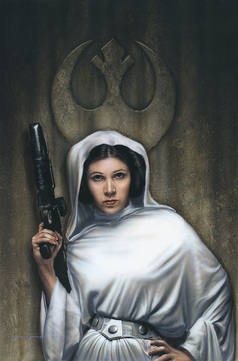 Leia by Jerry Vanderstelt Leia by Jerry Vanderstelt In searching for pictures and art of my favorite heroines for this blog, I was often confronted by the sexualization of my favorite female heroines. They were put in degrading positions, enhanced to be more appealing. Their power became contingent upon the size of their breasts and the ways in which they could be dominated. And I remain not surprised. Because when we allow ourselves to think of the strong heroine as boring, as unoriginal, as silly, we are allowing the society at large to degrade our own worth. We are more than the gendered holes that men must fill. We fulfill our own destinies. We have fought against gender slavery. We create lives and have carved out power. Just think for a moment about how many strong heroes are in our literature. Do a google search and compare. Believe it or not, it's very difficult to come up with a top 50 list of lead heroines in books. Men regain power by telling us that what we think is silly or flawed. And we are used to bowing our heads and consenting to what has been traditionally right. We are used to it, but we don't have to stay silent. And we certainly don't have to participate in a dialogue that disparages women, our heroes, our writers, our role models. None of this means that we cannot also like Milton, Melville and Malory. It just means that we don't have to compare our heroines against man-made masters. We don't have to be told what to like. We can appreciate our strengths, our strong women writers, our heroines unabashedly. We can love being represented and can demand to be heard. Believe what they say about reading liberal books: It is a dangerous thing to indulge in them. Reading strong women characters will eventually kill ignorance. If you hold your ignorance dear, do not proceed.
As for me, I will not wait for others to speak the power of women. I am writing my share of fierce females. Abigail, Adela Darken, and Gina are just a start. It is my hope that I can do what Tamora Pierce, Rowling, Satrapi, Roth, Halse-Anderson, Professors Foglio, Dahl, Austen, Eyre, Snickett and others did for me: I can open people's hearts by creating characters who are diverse and relateable. It is my hope for my readers that they will be able to appreciate my work without it being disparaged by others as chick lit. In my mind, there is nothing better than a good book with a great heroine. I don't care for the word chick. I am a woman and I like good literature. I don't feel the need to label toys, clothing, colors or good books with genders. They are inanimate objects, so they don't really have genders, now, do they? |
AuthorH.M Jones is the author of B.R.A.G Medallion Honor and NIEA finalist book Monochrome, its prequel Fade to Blue, the Adela Darken Graphic Novellas, Al Ravien's Night, The Immortals series, and several short stories. Archives
December 2019
Categories
All
|

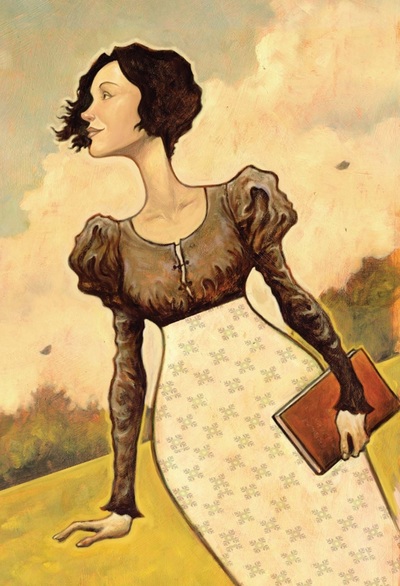
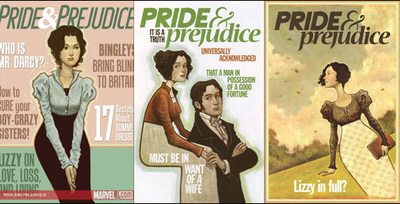
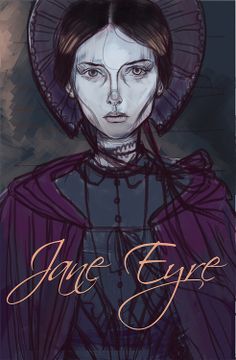
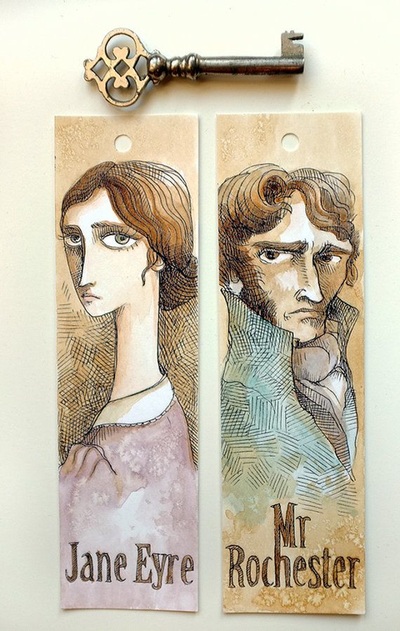
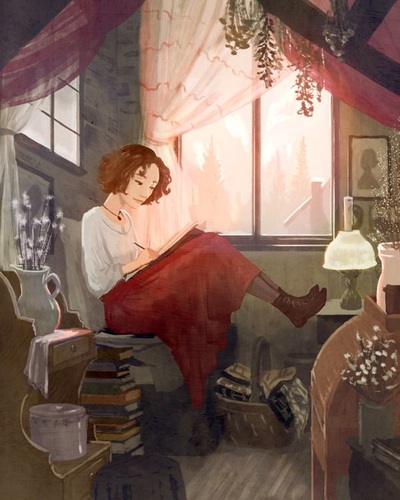
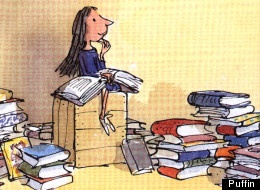
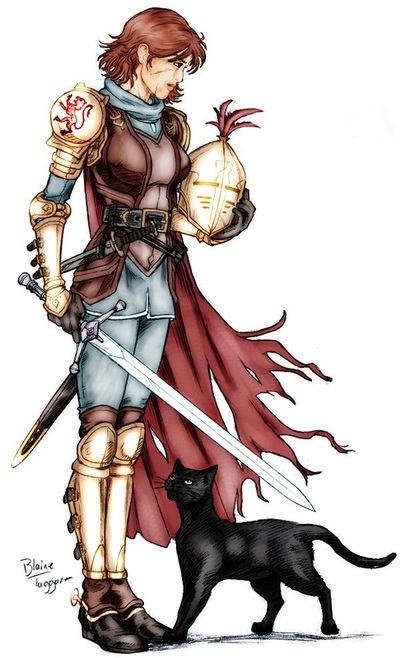
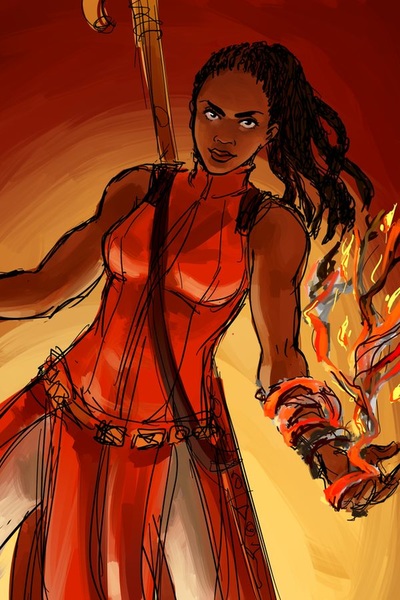
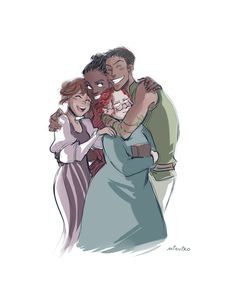
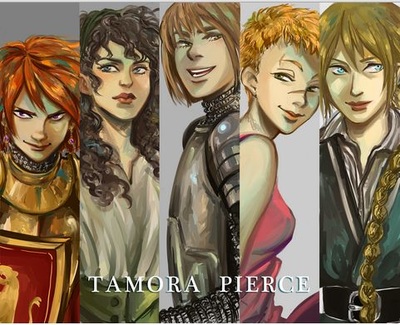
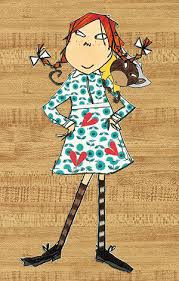
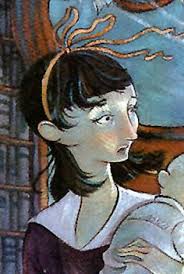
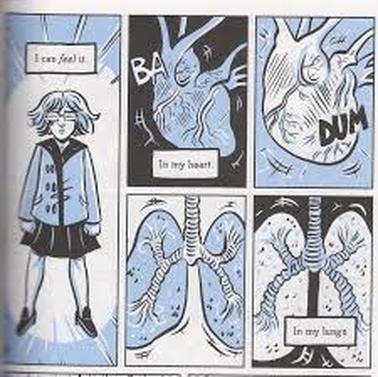
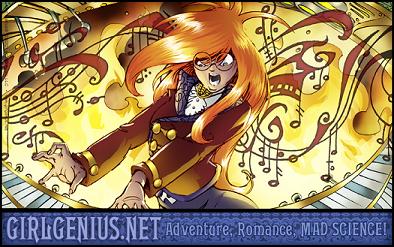
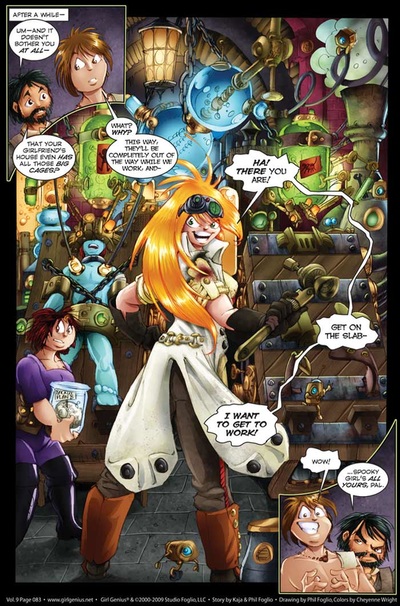
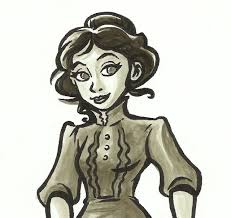
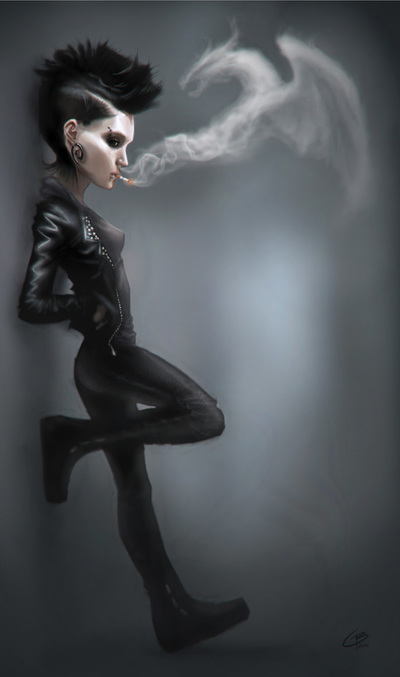
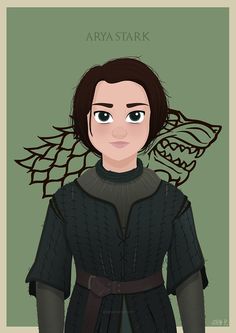
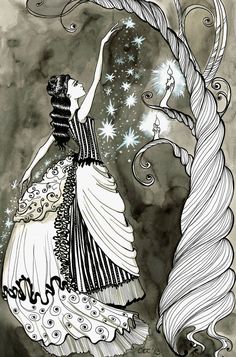
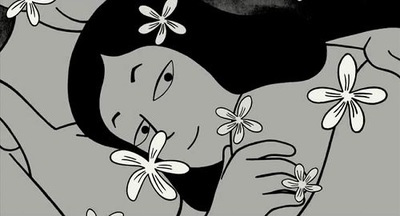
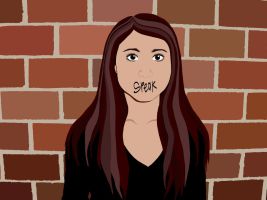
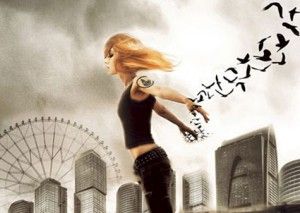
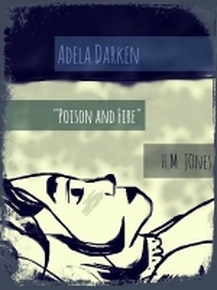
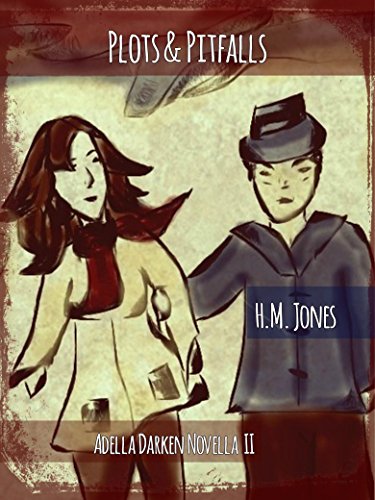
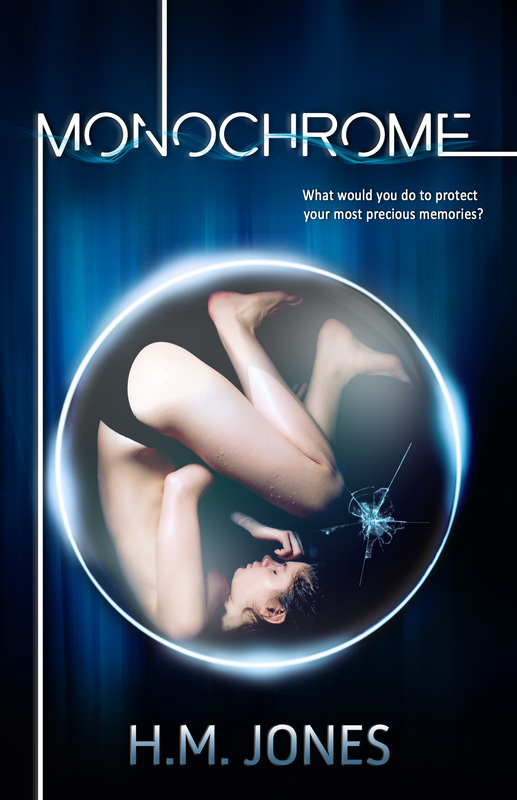
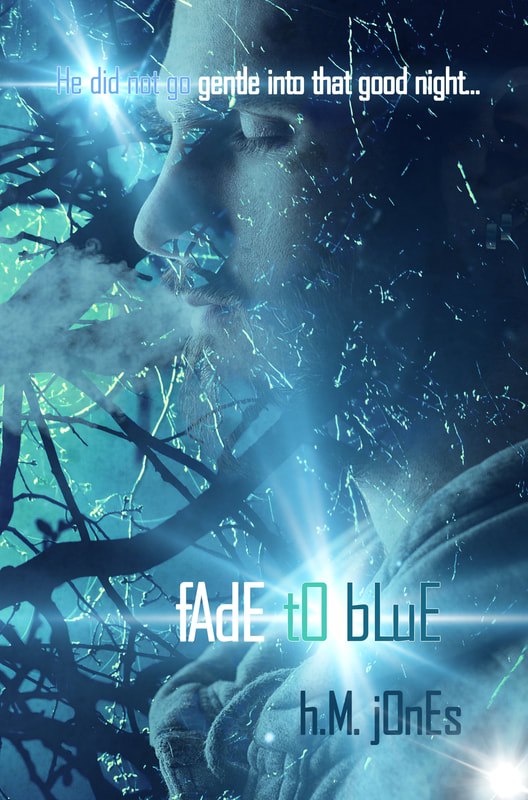
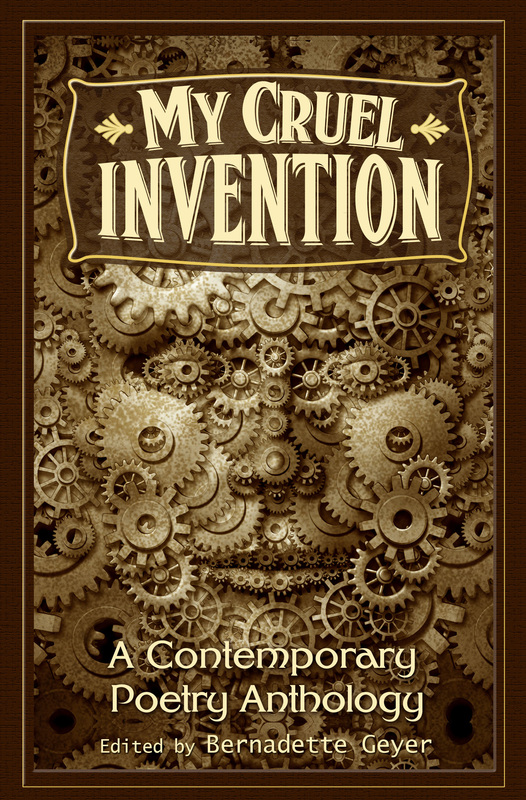
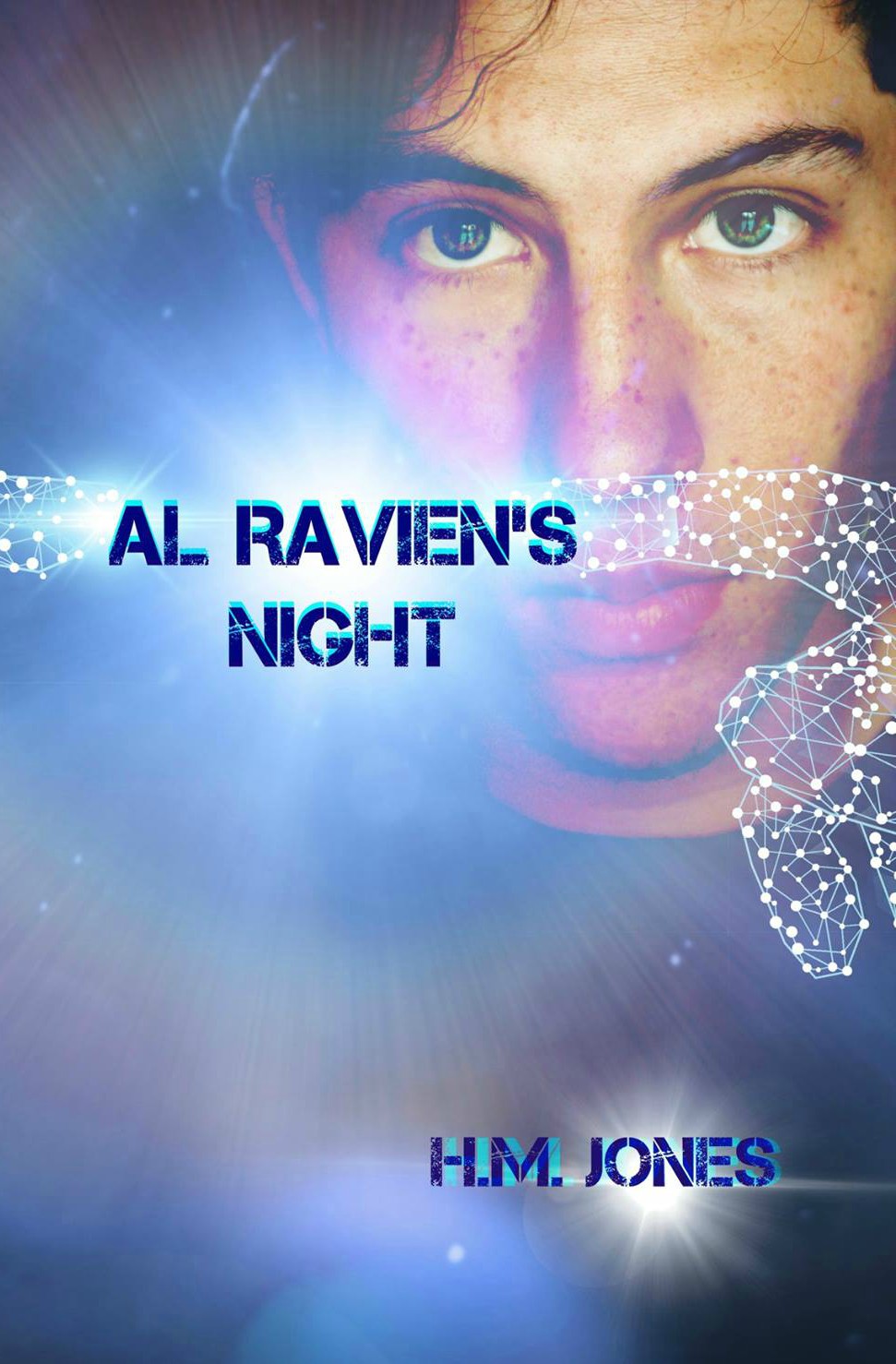
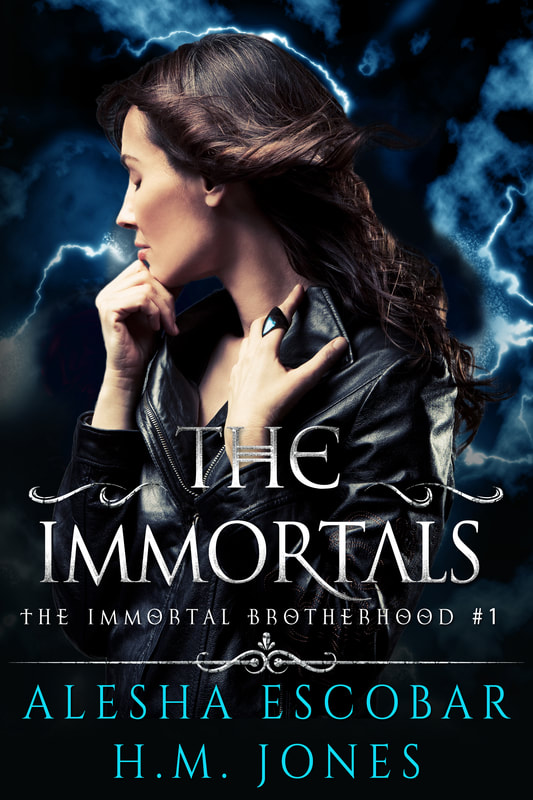
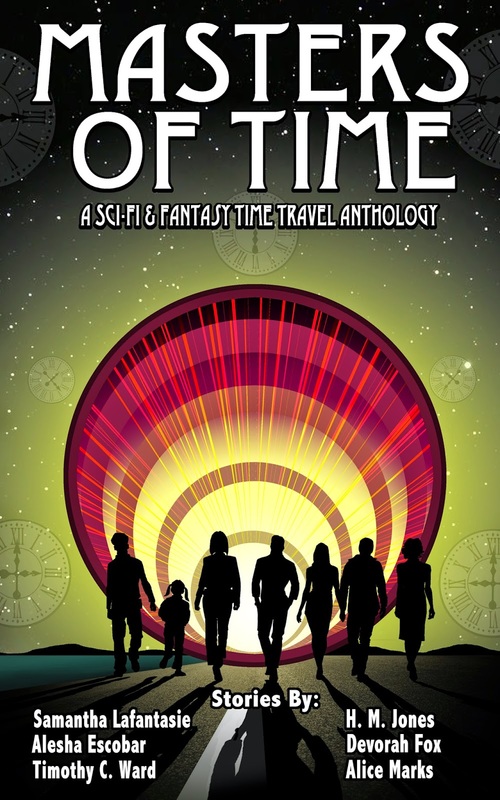
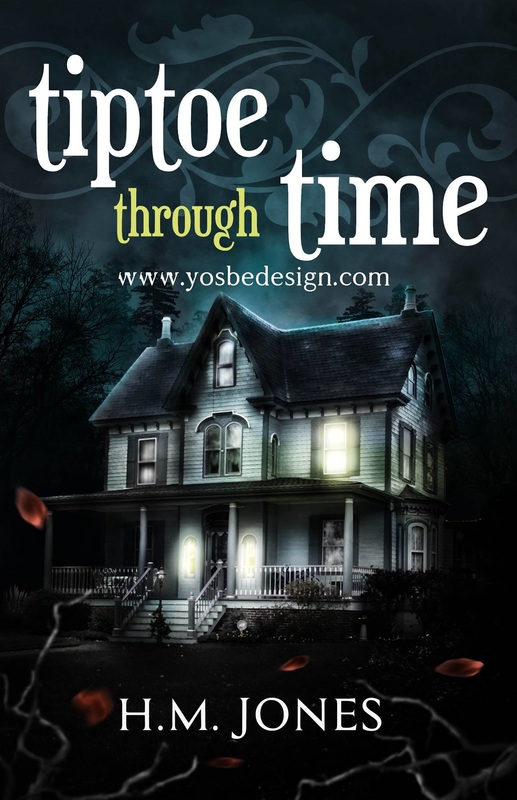
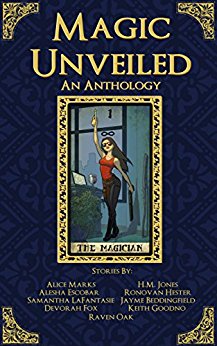
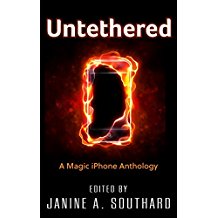
 RSS Feed
RSS Feed
